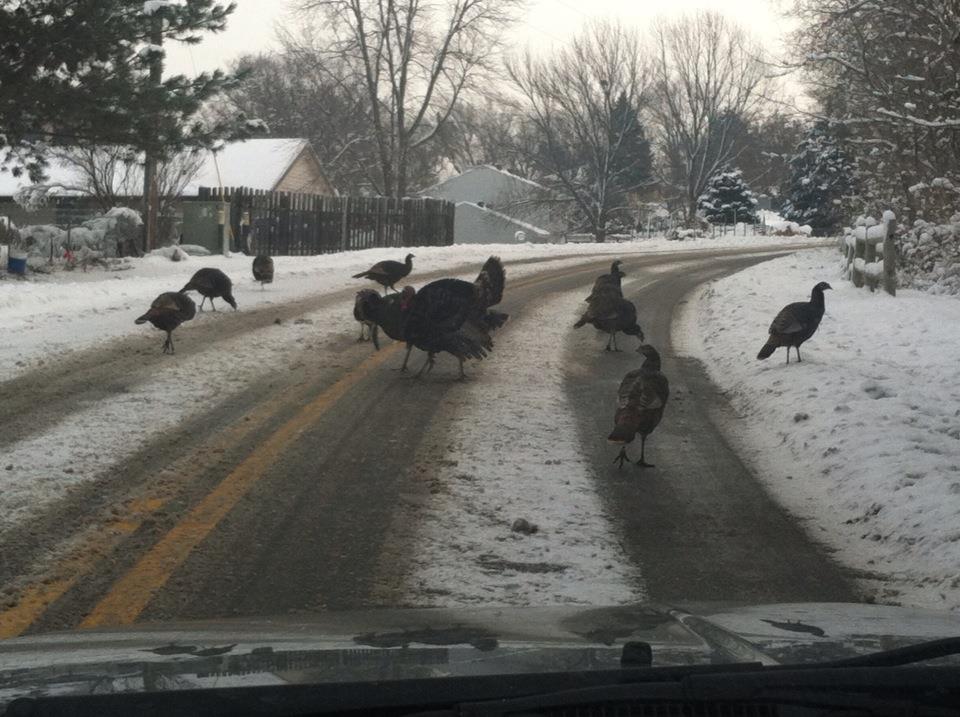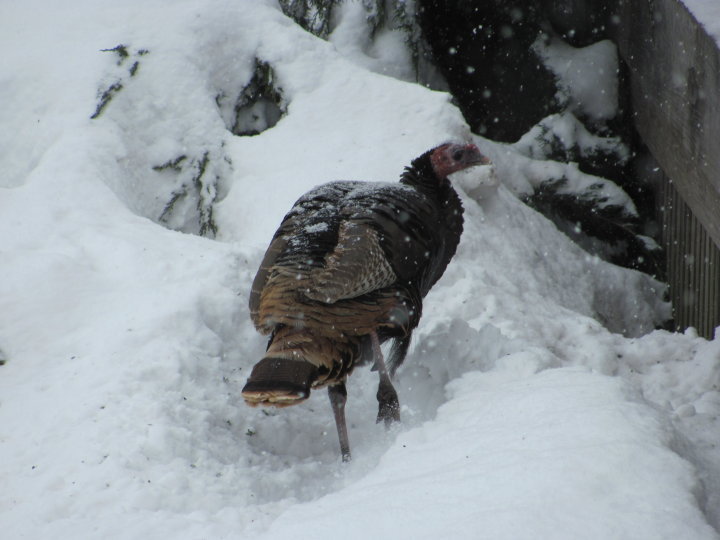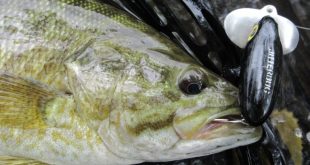I received a phone call yesterday from a woman who lives in a neighborhood just north of Zorinsky Lake in west Omaha concerning problematic wild turkeys. We have a lot of wild turkeys in and around Omaha, and, as some of you know, they are not wary of us humans. In fact, as neat as they are to see, turkeys may become a nuisance by roosting on roofs, in trees near homes, and on decks, and they are known to occasionally damage painted automotive surfaces. Some turkeys, usually the yearling males (jakes), about this time of year, become aggressive and may chase homeowners, children and pets. Still even more wild turkeys find neighborhood streets to their liking and ignore traffic causing you to be vigilant for them!
So, all that stated. Here are some great tips from our friends in the Minnesota Department of Natural Resources along with added information from our Game and Parks Wildlife Experts Jeff Lusk and Pat Molini on how to coexist with North America’s largest upland game bird in urban/suburban areas.
WILD TURKEYS
Avoiding common problems
- Don’t raise and release turkeys. Pen-reared birds pose a potential disease threat to wild turkey populations, as well as other domestic poultry.
- Don’t feed turkeys. Keep wild things wild! Feeding, whether direct or indirect, can cause turkeys to act tame and may lead to bold or aggressive behavior, especially in the breeding season.
- Keep bird feeder areas clean. Use feeders designed to keep seed off the ground, as the seed attracts turkeys and other wild animals. Clean up spilled seed from other types of feeders daily. Temporarily discontinue feeding birds if turkeys are a nuisance. Remove feeders in the spring, as there is plenty of natural food available for all birds.
- Do not allow turkeys to be comfortable in the presence of people; consistently chase turkeys away from your residence. Don’t let turkeys intimidate you. Don’t hesitate to scare or threaten a bold, aggressive turkey with non-injurious means like loud noises, swatting with a broom, water sprayed from a hose or large squirt gun, or even using a leaf blower to ruffle their feathers. A dog on a leash is also an effective deterrent. Each and every turkey must view all humans as dominant in the pecking order and respond to them as superiors rather than subjects!
- Cover windows or other reflective objects If a turkey is pecking at a shiny object such as a vehicle or window, cover or otherwise disguise the object. Harass the bird by chasing it, squirting it with a hose or other means of non-injurious aggression.
- Protect your gardens and crops. You can harass turkeys searching for food in your gardens. Dogs safely tethered on a run can also be effective in scaring turkeys away from gardens. Carefully placing the appropriate netting or wire mesh around the garden is another option to employ. In agricultural situations, some scare devices are effective. Motion activated sprinklers are available which can sometimes be effective.
- Educate your neighbors. Pass this information along: Your efforts will be futile if neighbors are providing food for turkeys or neglecting to act boldly towards the birds. It requires the efforts of the entire neighborhood to help keep wild turkeys wild!
You need to know that most wildlife biologists do not recommend releasing wildlife such as wild turkeys outside of their home range for the following reasons:
- Mortality rates increase when animals are subjected to stress and trauma associated with capture, handling, transport, and being released into an unfamiliar territory.
- Animals that are released may harm or be harmed by resident animals (e.g., by territorial disputes, disease transmission, gene-pool disruptions, etc.).
- The same or a competing species may already be overabundant in the area. Excess animals have to move or die.
- Habitat conditions in the new area might not be suitable to the animal being released.
- Many animal species have strong homing instincts and, upon release, they begin traveling in the direction of their capture sites, resulting in exposure to roads and other hazards.
- Animals may cause problems for humans in the vicinity of the release site.
Here’s a link for specific details about the wild turkey in Nebraska: http://outdoornebraska.ne.gov/wildlife/wildlife_species_guide/wildturkey1.asp Feel free to contact your nearest Game and Parks Commission Office if you need more information.
 Nebraskaland Magazine
Nebraskaland Magazine






